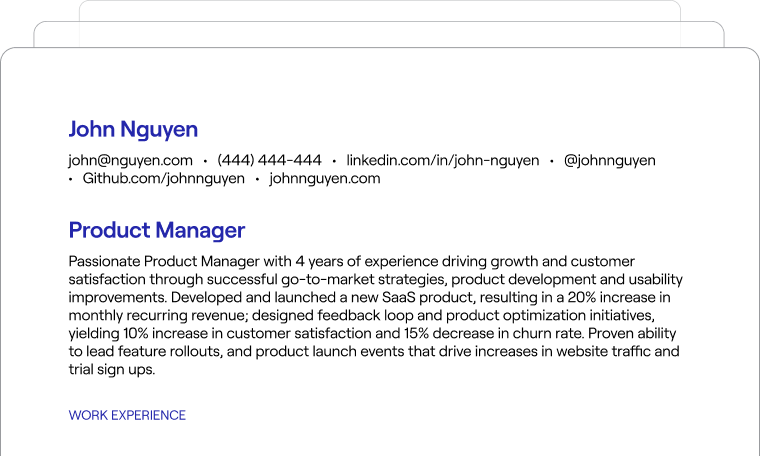Enterprise System Engineer (Endpoint Solutions)
The University of Texas System•San Antonio, TX
492d•$82,000 - $82,000
This job is no longer available
There are still lots of open positions. Let's find the one that's right for you.
About The Position
The Enterprise System Engineer (Endpoint Solutions) at the University of Texas at San Antonio is responsible for the design, installation, testing, administration, and documentation of enterprise server software and related infrastructure. This role involves managing and supporting multiple enterprise-wide systems in a data center environment, ensuring optimal performance, security, and compliance with established standards. The position requires collaboration on endpoint application design and the implementation of improvements to enhance system functionality and efficiency.
